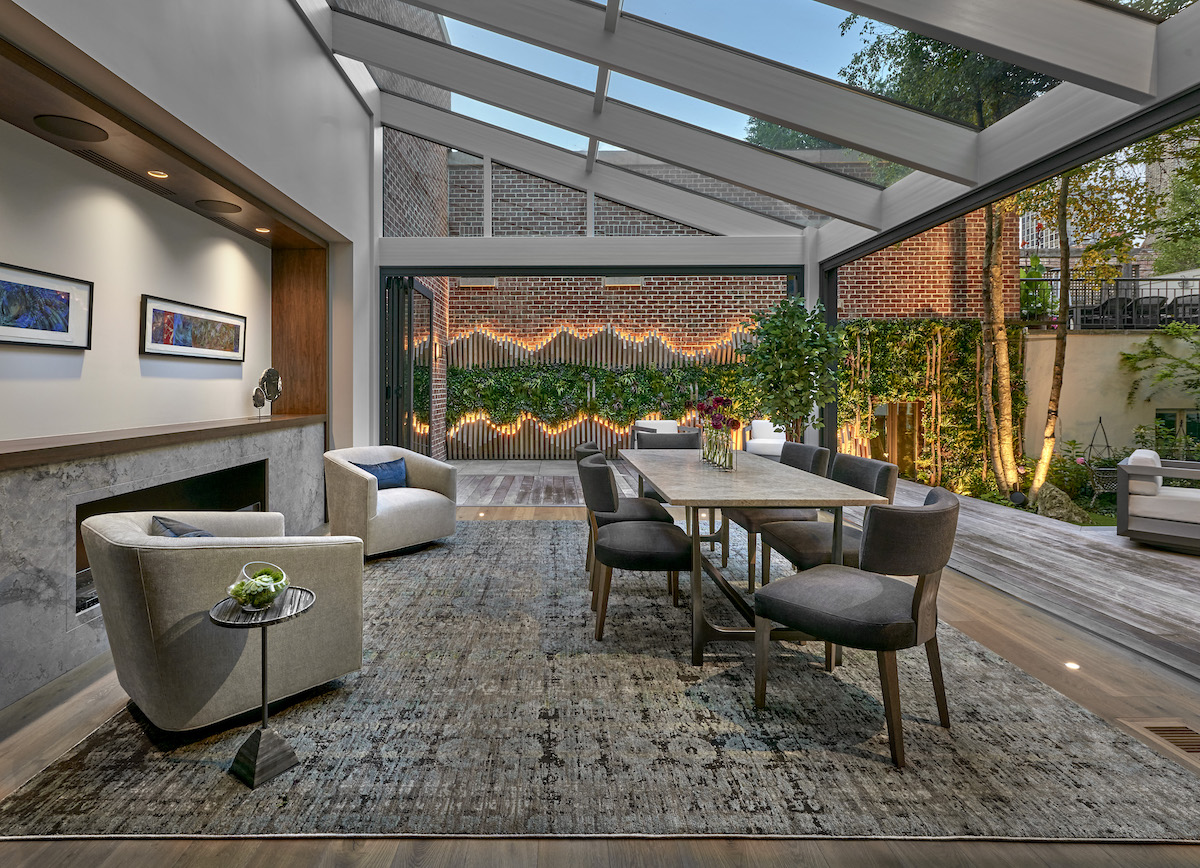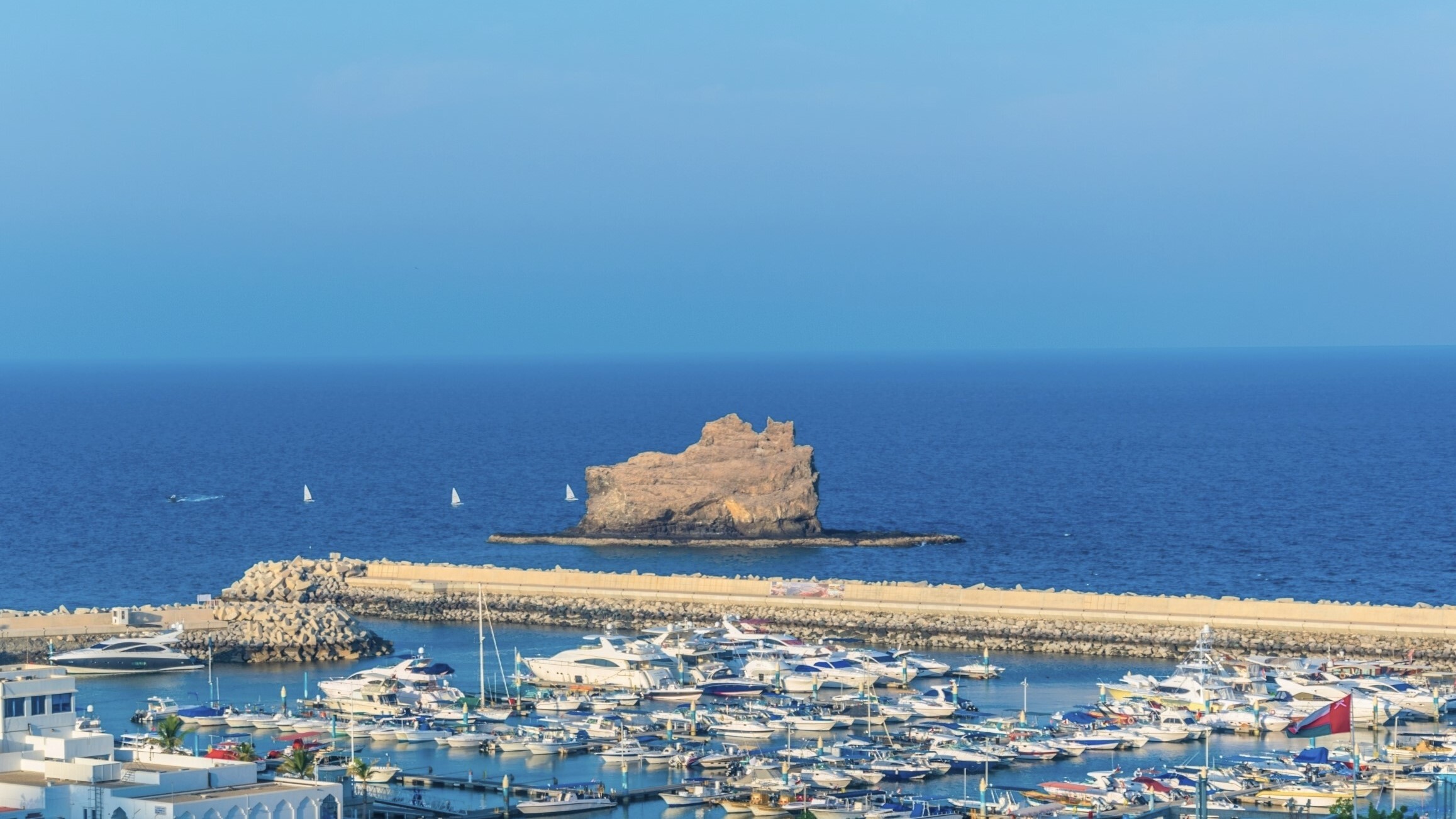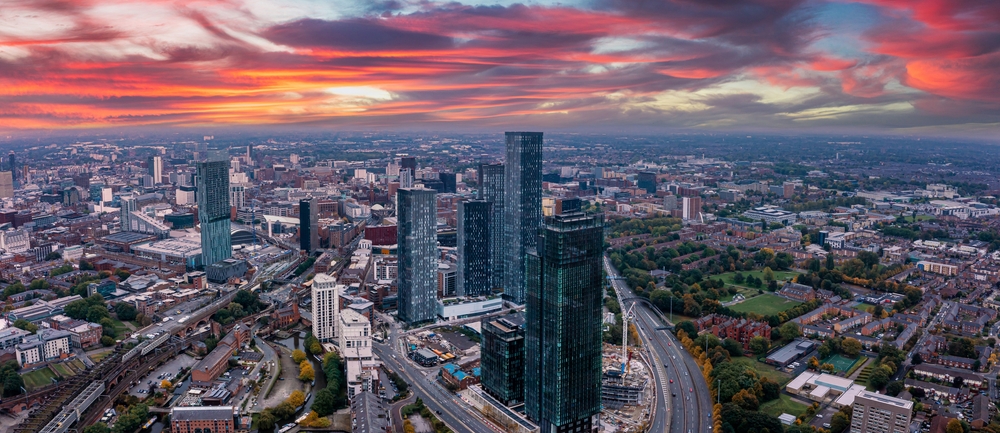Amid a standoff with Qatar, the novel value-added tax and an oversupply, Dubai real estate prices could slump by up to 15 percent by 2020, a recent Standard & Poor Global Ratings report estimates.
The prediction comes after a year of declining residential prices, which have begun to pare the bottom lines of top developers. In 2017 alone, values fell by 5 to 10 percent.
The report, titled Dubai’s Real Estate Slump Is Set To Persist, With Only Expo 2020 Offering Any Hope, calls the price dip a “correction,” triggered by a range of pressures that are depressing the home ownership and rental markets as well as retail.
The planned growth of residential properties is to reach 9 percent in 2018 and further 7 percent the year after, Reuters quoted a Jones Lang LaSalle report. The swelling in supply is to keep prices down, as demand is cooling off.
The value-added tax (VAT), which went into effect in the whole of the UAE on Jan 1, 2018, levies a 5-percent fee on the real estate industry. While home purchases in the secondary market are exempt from VAT, buyers still have to pay it on any commissions or processing fees. Commercial real estate buyers as well as tenants will pay VAT.
Further exacerbating the price reduction is the geopolitical isolation of Qatar on accusations of supporting regional rival Iran and terrorist groups. While Qataris make only a sliver of Dubai’s real estate investors, the sanctions against Qatar create a precarious situation where market trust is waning.
Although property prices have gone down by up to 19 percent from their zenith in 2014-2015, as the National Bank of Kuwait reported, experts do not envision a crash of Great Recession magnitude. Back in 2009 – 2010, prices plummeted by an astounding half.
S&P predicts that the market will jump back up in a couple of years with Dubai Expo 2020, which is expected to attract 25 million visitors from around the world and spur positive business sentiment. Yet, the report stops short of quantifying the possible upward trend and warns that a speculative hike in prices without a supply-and-demand match would hurt the Gulf sheikdom.






